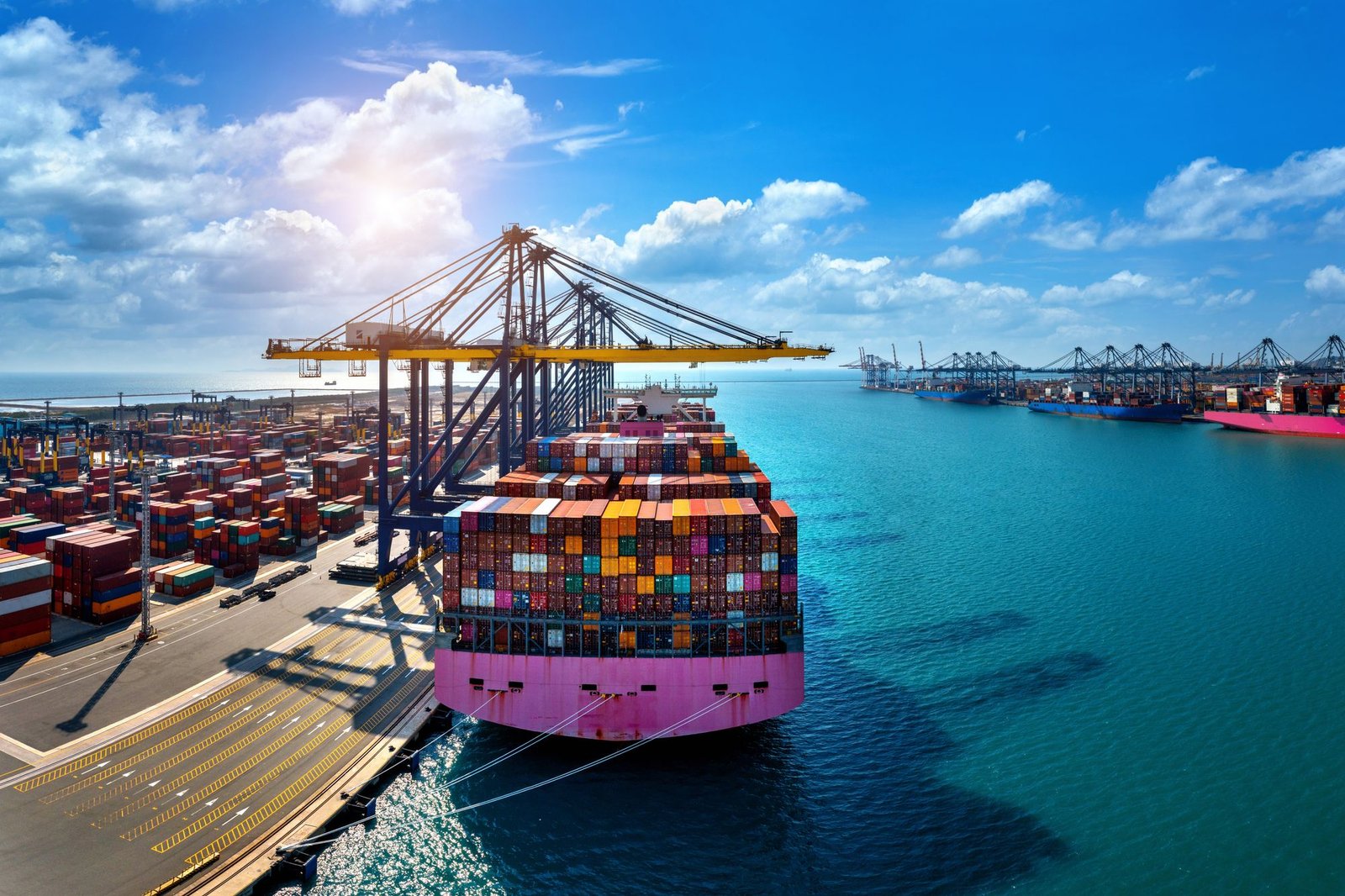Sea Freight Services for the United States
Express Freight Management offers comprehensive and reliable sea freight solutions, connecting your business from the United States to key markets across the globe. Whether you’re shipping Full Container Loads (FCL) or Less than Container Loads (LCL), our expert team ensures your cargo reaches its destination safely, on time, and on budget. We leverage our extensive global network to provide seamless ocean transport for businesses of all sizes.
Why Choose Us?
- Sea Freight Experts: Our specialists have over 10 years of experience in the industry, guiding and serving 1000s of individual and corporate clients.
- Full One Stop Sea Freight Services: Our One-Stop Sea Freight Forwarding Services is designed to be fuss-free for our clients. This includes the door-to-door picking up and delivery of cargo, warehousing services, processing of customs clearance, and even the application for cargo insurance, among others.
- Accurate Quotations With No Hidden Costs: We take pride in providing accurate sea freight quotations that are straightforward and transparent, allowing you to budget effectively and make informed decisions.
Request For Logistics Assistance Now!
- Engage Us Over Email / WhatsApp
- Consult Our Specialist(s)
- Get Your Cargo Delivered
Free Quotation For Your Shipment
One Stop Freight Solutions For Your Convenience
OUR FULL RANGE OF SEA FREIGHT SERVICES INCLUDE
OUR GLOBAL SEA FREIGHT COVERAGE

Who Is Sea Freight Suitable For?
Request For Logistics Assistance Now!
- Engage Us Over Email / WhatsApp
- Consult Our Specialist(s)
- Get Your Cargo Delivered
Express Freight Management
Express Freight Management is your one-stop shipping solutions provider. With a global reach and a commitment to customer satisfaction, we ensure smooth and efficient shipping from start to finish.
FAQs About Sea Freight
What Is Sea Freight?
Sea freight, also known as ocean freight, refers to the transportation of goods via sea vessels from one seaport to another across the globe. It is one of the oldest and most economical modes of transporting goods internationally. Sea freight involves the consolidation of cargo into shipping containers or loading directly onto the vessel for transportation. This method is particularly suitable for large volumes of goods or items that are not time-sensitive. Sea freight offers cost-effectiveness and flexibility in shipping various types of cargo, ranging from raw materials to finished products, across long distances.
How Long Does Sea Freight Usually Take?
Sea freight usually takes anywhere from 1 to 8 weeks, depending on factors such as the distance between the origin and destination, the shipping route, and whether the shipment is traveling directly or with multiple stops. Shorter distances may take a few days, while longer, international shipments can take several weeks.
What Are The Advantages Of Sea Freight Shipping?
Sea freight is cost-effective, can carry large and heavy shipments, and has a global reach. It’s ideal for non-urgent shipments and provides good security for goods in transit.
How Are Sea Freight Costs Calculated?
Sea freight costs are usually determined by the volume or weight of the goods, shipping distance, and any additional services like insurance or customs handling.

















